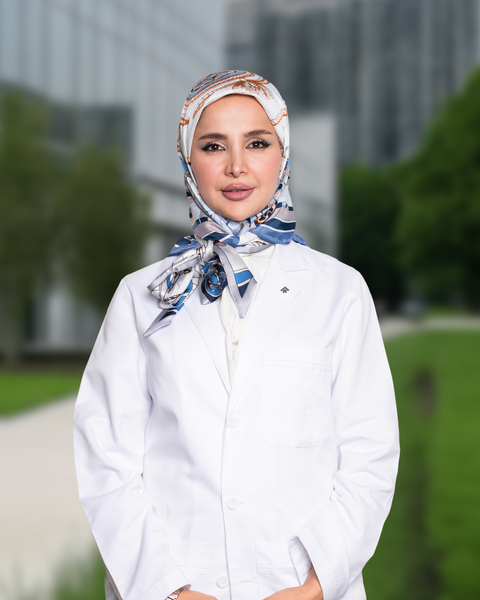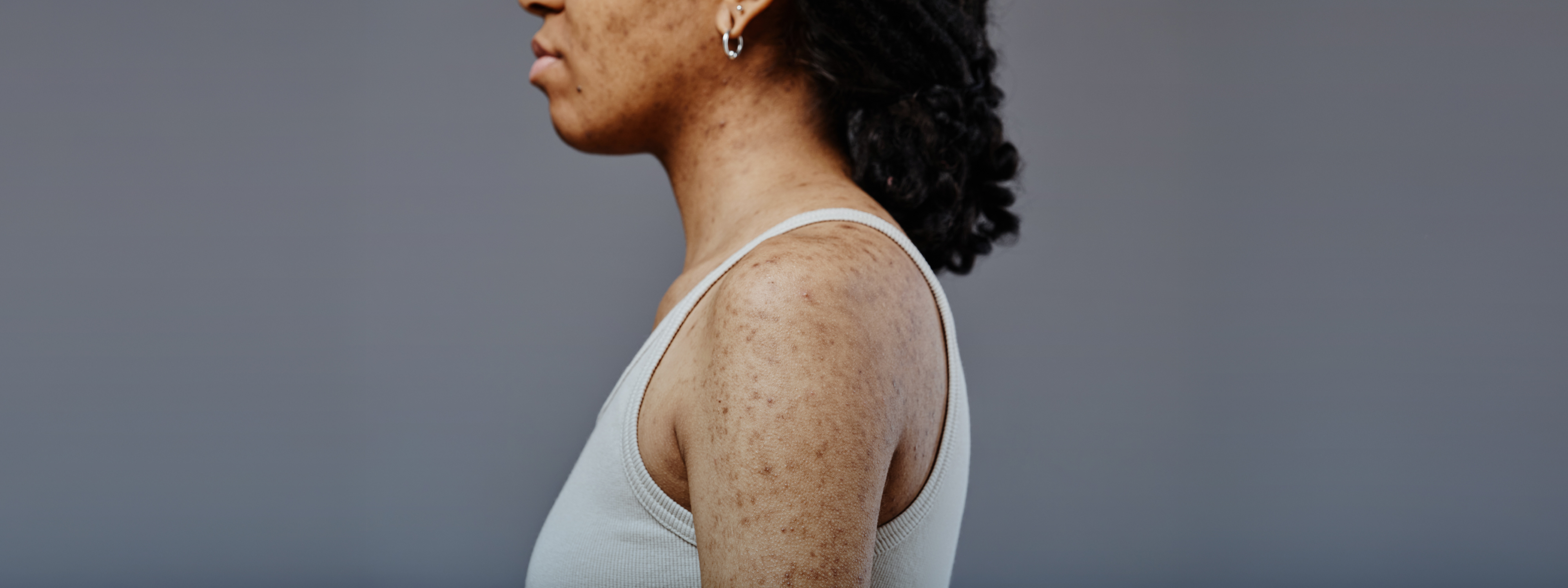 8 years of exp
8 years of exp
Languages
English and ArabicClinics
HealthHub - Arabian Center
HealthHub - Jumeirah Village Circle

 8 years of exp
8 years of exp
HealthHub - Arabian Center
HealthHub - Jumeirah Village Circle